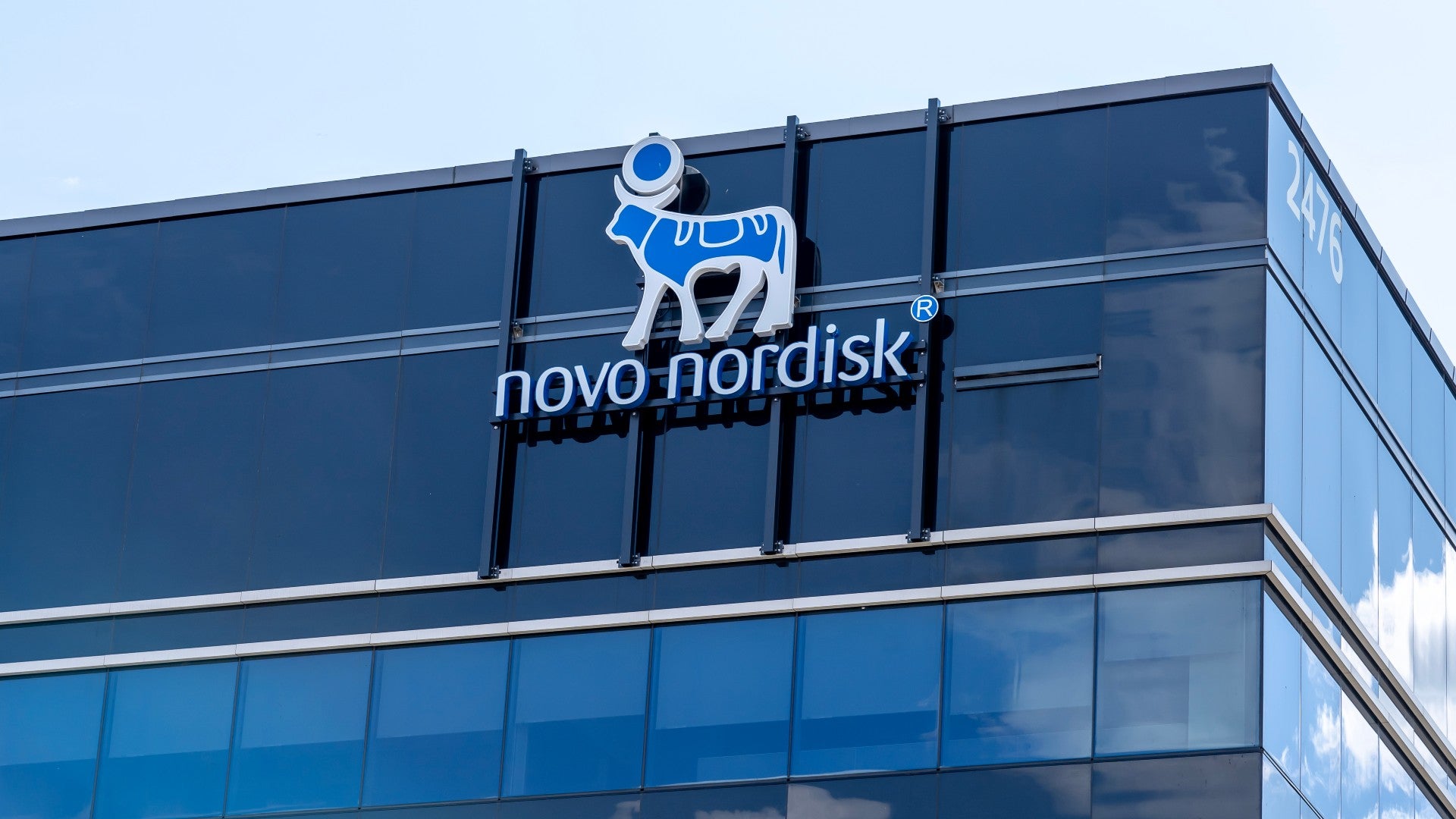
Novo Nordisk, manufacturer of GLP-1 antagonist drugs Wegovy and Ozempic, now has a higher market capitalisation than the yearly GDP of its home country, Denmark.
At the time of writing the International Monetary Fund projects Denmark’s 2023 GDP to reach $405.6bn, whilst Novo’s market cap sits around $418.1bn.
Novo has been a specialist diabetes drug manufacturer for over 100 years and has enjoyed reasonable success in this niche, but since FDA approval of Ozempic for diabetes in 2017 its growth has been unstoppable. The company is now the second most valuable in Europe after luxury conglomerate LVMH, owner of the Louis Vuitton, Dior and Hennessy brands among others.
The drugs’ unique appeal is that they not only regulate blood glucose levels but also lead to weight loss, which further helps reduce symptoms of type-2 diabetes. Even for those without diabetes, Ozempic is often prescribed off-label as a weight-loss drug, spurred on by a slew of celebrity endorsements. Its sister drug Wegovy was approved for weight loss in 2021.
The New York Times reported on Monday (28 August) that the drug company’s impact on the Danish economy is so large that the country has been able to keep interest rates lower than EU states and that pharmaceutical companies accounted for almost all of the growth in the country last year.
This impact may grow in coming months as Wegovy has recently been found to reduce the risk of heart failure in obese patients, potentially further expanding the drug’s applicability. In fact, the main limiting factor may be Novo’s ability to produce enough – the two drugs have been in shortage for nearly two years as demand has outstripped the company’s supply.
In the long run, the company’s growth may slow as the US government prepares to enter into price negotiations for the drugs and competitor drug Tirzepatide, developed by Eli Lilly, shows even stronger performance in the weight-loss space.
Our signals coverage is powered by GlobalData’s Thematic Engine, which tags millions of data items across six alternative datasets — patents, jobs, deals, company filings, social media mentions and news — to themes, sectors and companies. These signals enhance our predictive capabilities, helping us to identify the most disruptive threats across each of the sectors we cover and the companies best placed to succeed.
